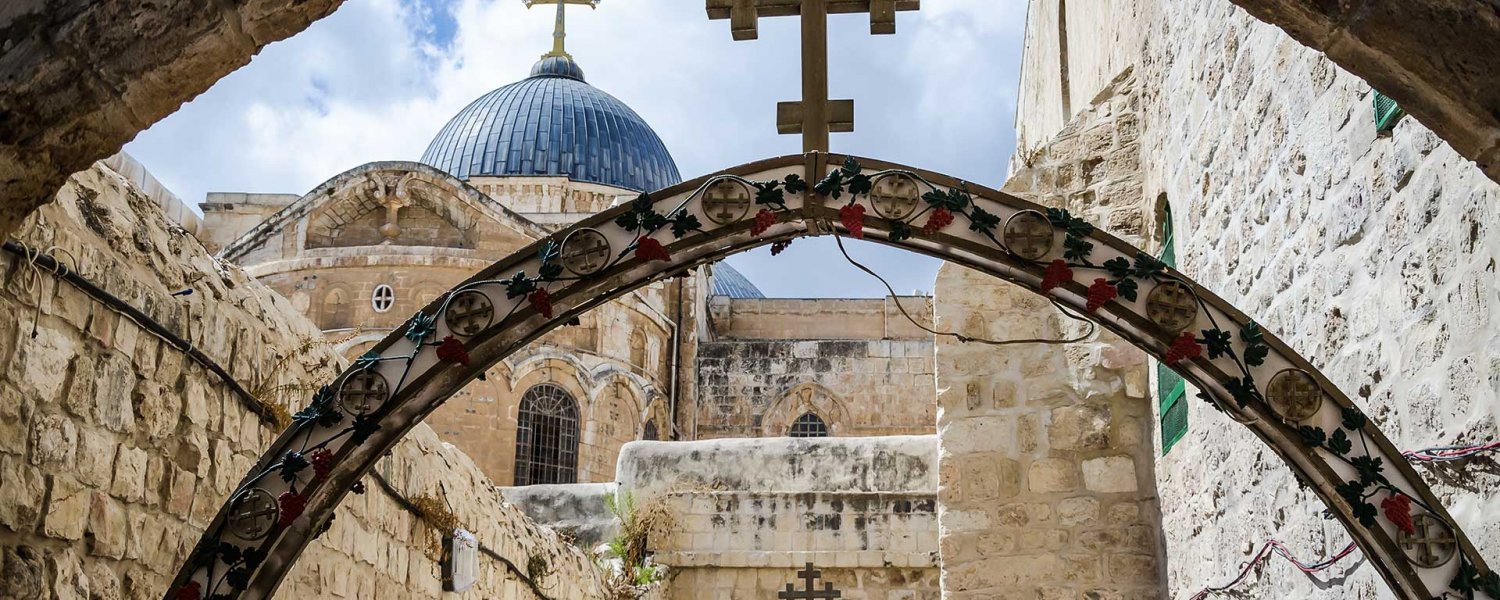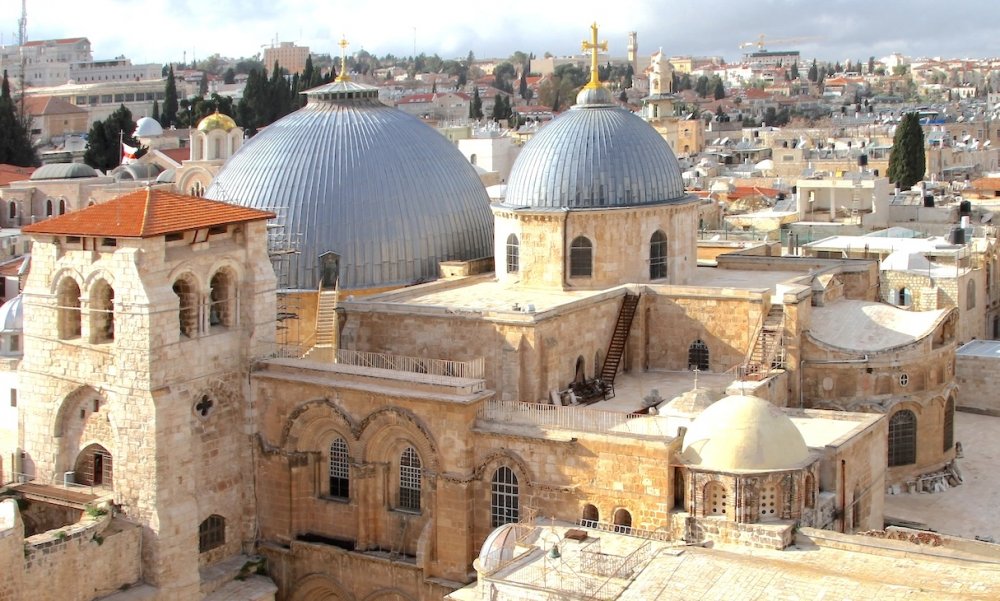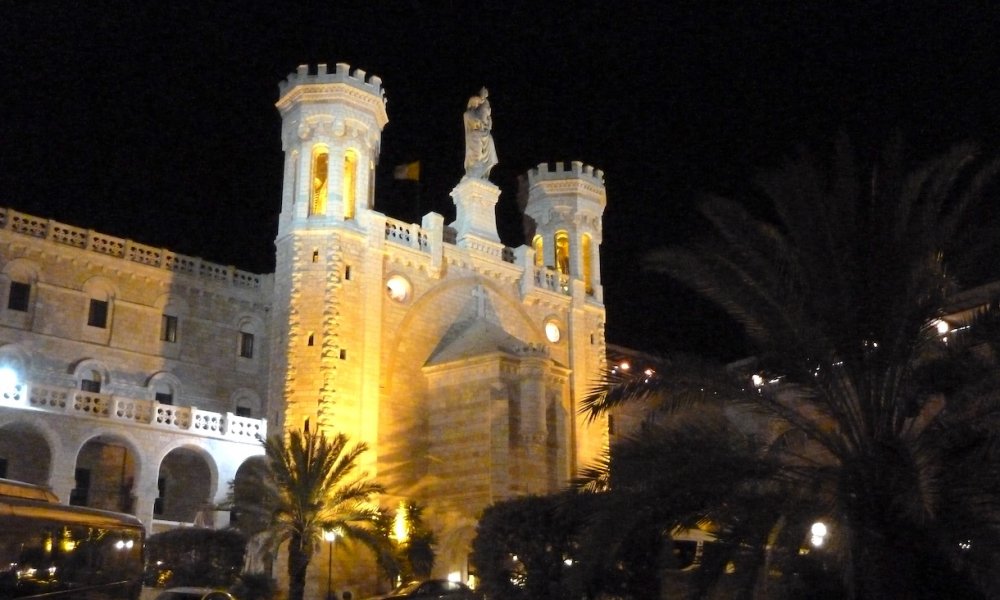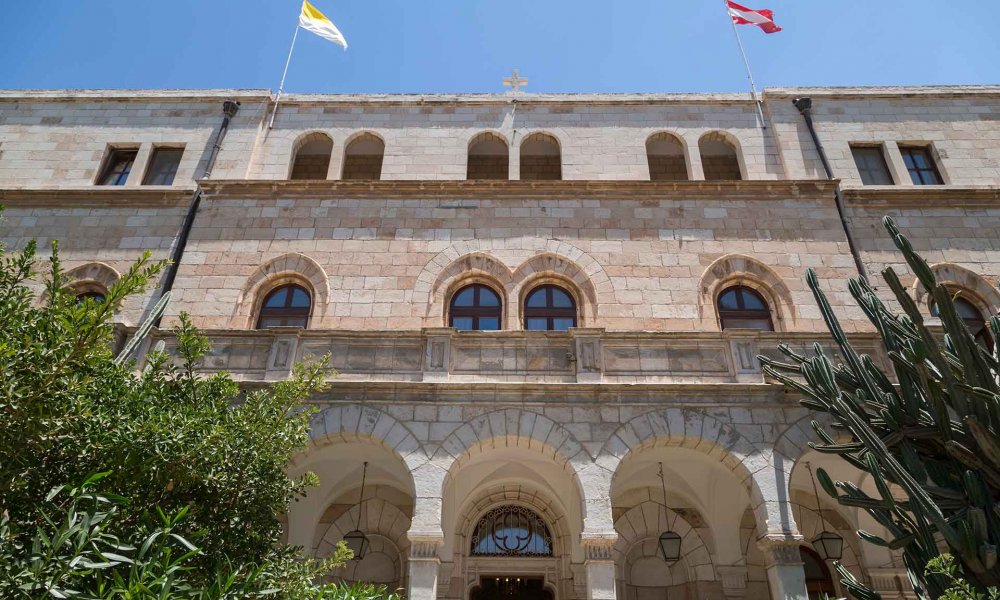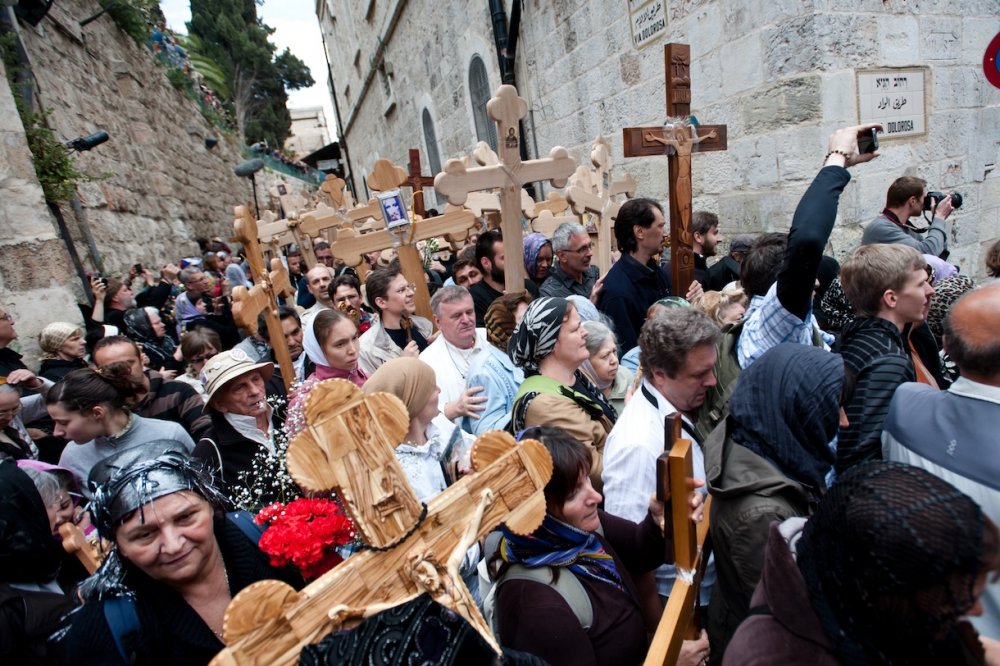Bernard Sabella, an elected member of the Palestinian Legislative Council for Jerusalem, told Jerusalem Story that Israel and the Vatican agreed to postpone the municipal tax issue as well as other outstanding financial issues to further discussion in specialized groups. He said that the specialized Israel-Vatican groups “did not finish their work” as issues are still pending.16
Bernard put the problem in political rather than financial terms. “The right wing in Israel, while supported by Christian Zionists, are not particularly fond of churches, and they want them and their activities curtailed. One of the signs of right-wing impunity is the way the Yeshiva students and their rabbi teachers have been seen spitting at Christian clergy and pilgrims [in the city] besides desecrating Christian cemeteries and churches. Churches do not feel equal in the treatment they receive as compared to the Jewish religious groups and the magnanimous financial support given to these groups by the State of Israel.”
Wadie Abu Nassar, the Haifa-based coordinator of the Forum for Christians in the Holy Land, noted that the problem between Israel and the churches dates back decades and must be dealt with according to the status quo agreement, which requires those in power to respect the status quo existing for centuries in the Holy Land. Wadie told Jerusalem Story that such problems can’t be resolved by arbitrary unilateral Israeli actions. “In 1993, the Vatican and Israel agreed to resolve this problem within two years, but have failed to do so since.”17
Wadie conceded that the issue is emanating from municipalities other than Jerusalem and complained that the Israeli government “has turned a blind eye to the constant attacks on clergy and churches, is constantly hesitating on visa requests for clergy, and is oblivious to the fact that church-owned schools and other institutions are providing public service to the local community, thus relieving Israel from this financial burden.”
As not-for-profit institutions, any revenue their organizations generate that exceeds expenses goes to help the local community—in this case local Christians, whom the Israeli government generally ignores and discriminates against.
Wadie urged examination of the context of the problem and said that the conflict will be resolved when all these issues are considered.

